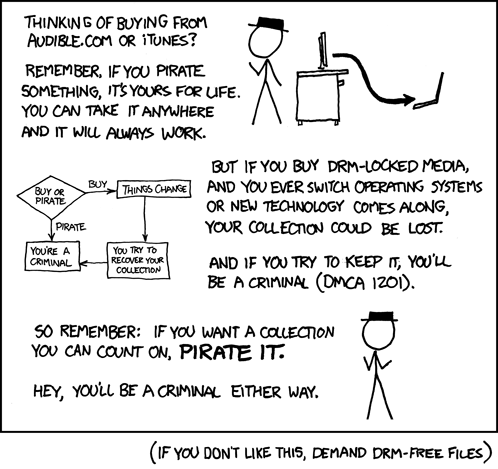A lot has been written about how Facebook activated its "Safety Check" feature for the recent Paris terrorist attack, but not for one the previous day in Beirut. There is some good commentary, from less well known sites to the bigger news sites to personal blogs.
So what are we left with?
Facebook is a part of the global media fabric as much as any other site, they not only act as gatekeepers for news but act within the news environment and ideas about what constitutes news. Facebook is based in California, and so most of the employees who make up the organization we call Facebook are American: they grew up within a specific media environment which had clear but subtle ideas about what news is. (As an aside, I wonder how many employees at Facebook who are involved in the curation of people's feed have any background in actual journalism.) To understand this framing of what is news and what isn't, we need to understand global history and the flow of information, a flow which often parallels economic flows. So yes, we need to understand words that some framings have determined should make us uneasy, such as imperialism and colonialism. (Think about it this way: in the Babar series of children's books, when Africans wear European clothes they are portrayed as good, but when there are Africans who wear non-European, "traditional", or "pre-contact" clothes [I am not sure what the best term is], they are portrayed as backwards -- yes, they are elephants and rhinoceroses, but they are being used as humans in the stories. This has not gone unnoticed.) Because often parts of the world that were used for colonialism and imperialism, empire building, and the extraction of goods through forced labor and violence, are now the parts that are not worthy of news coverage, although it isn't quite so easy and straightforward.
But what we do have is highly problematic, besides the sadly common lack of coverage in some parts of the world -- the Western news media didn't cover the Beirut attacks very much, neither did Facebook, and both of these non-reactions are for exactly the same reasons which can be couched in economic terms but have deeper cultural and historical roots. Facebook doesn't have as many users, most likely, who are directly connected to Beirut, but it has many more with connections to France. The same is true for their employees. But they are also reacting to what they see in the media and perhaps to trends they are continually monitoring, live, in the overall Facebook environment.
Like the media, Facebook is essentially bestowing the idea of newsworthiness on some issues and also deciding that some other things are not newsworthy at all. That really is a big problem, as it's clear no one there is qualified to do so. This is also a well-known issue more broadly and is not at all new. This is not to say it's good, it's not at all good, nor is it to say Facebook shouldn't have activated the "Safety Check" feature. I appreciated it, as I have friends in Paris.
There are also some technical issues, beyond deciding which events qualify.
For example, for an earthquake, what if I check in as "safe" after the initial earthquake, and then am killed shortly thereafter by an aftershock? (The same issue holds for other kinds of events, such as terrorist attacks.)
Facebook's page about the Safety Check says it's for natural disasters (as of November 15th, 2015), and does not mention other events such as terrorist attacks, nor how any of these will be selected. Yet it was used for an event that was not a natural disaster.

More broadly, it could be argued that being black, female, or GLBT, in America is to live under constant threat (there are many other examples but I am not qualified to discuss them much, nor can I make an exhaustive list, this is just an example). But, like the framework that silently suggests that Beirut is less coverage worthy than Paris, these issues should be kept quiet.
Facebook has taken action in a very contentious area, one where ideology and hegemony are heavily invested in outcomes and how we think about what is worth thinking about. Yes, as we should expect from most gigantic global companies, they did a bad job. As we know, people have been discussing these issues for a long time. These issues are still issues. Now, more people are talking. That's an important step. Steps are how we move forward.
Addendum: There is also the profile picture change to overlay the French flag on your profile photo, which again is not a bad idea, the problem is still which events are worthy of this level of attention, who is deciding, and how are these decisions made. It's the same problem as that with big data algorithms, except here it's with people's decision making.
Addendum, part 2: Here is an article from The Verge about
why the people at Facebook who make these decisions did so, but I personally don't find
the official explanation very satisfying about the criteria for their selection of events because the official response avoids all of the difficult issues that most people are talking about. If you're a company like Facebook, you can address these issues in a much better, direct, and clear manner.




